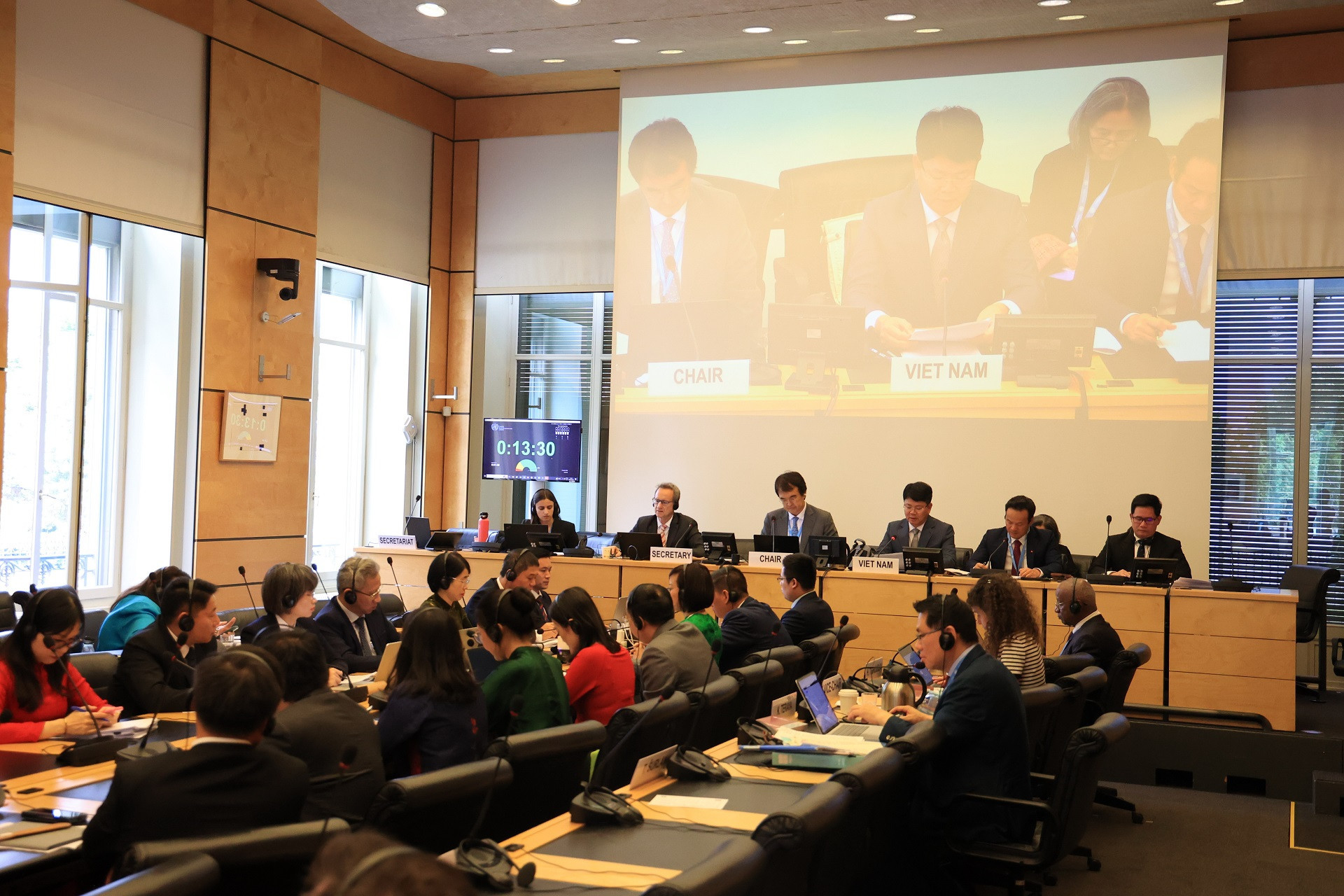Deputy Minister of Justice Nguyen Thanh Tinh, head of the delegation, described the dialogue as open, sincere, and constructive, affirming Vietnam’s consistent position of placing human beings at the center of its development efforts.
Despite facing various challenges, Vietnam has devoted significant resources to protect civil and political rights under the ICCPR.
The UN Human Rights Committee acknowledged Vietnam’s progress, notably the ratification of 7 out of 9 core international human rights treaties, and its ongoing institutional reforms aimed at eliminating discrimination, combating domestic violence, promoting gender equality, and fighting corruption.
Vietnam also outlined its comprehensive legal and policy developments over the past five years, including justice reform, improved governance, and rights-based initiatives. The interagency working group actively engaged with the committee on various aspects of Vietnam’s rights framework.
National Action Plan in the works
Deputy Minister Nguyen Thanh Tinh further announced that the Ministry of Justice will submit a national action plan to the Prime Minister, aimed at enhancing ICCPR implementation and responding to the committee’s recommendations.
This plan will emphasize:
Raising awareness among lawmakers and civil servants about the Party's human rights policies and legal frameworks, ensuring legislation aligns with people’s needs and aspirations.
Reviewing and incorporating international human rights treaties into domestic law, ensuring Vietnam’s legal system is transparent, accessible, fair, and people-centered.
Advancing decentralization through a two-tier local governance model, integrated with e-government services and administrative reforms to deliver direct benefits to citizens.
Implementing Resolution 66 to ensure fair, consistent, and timely enforcement of laws, with strong links between legislative and enforcement efforts - highlighted as a priority by the UN committee.
Vietnam reaffirmed that it considers the happiness and prosperity of its people as the core mission of its development policies and legal system.
Binh Minh
